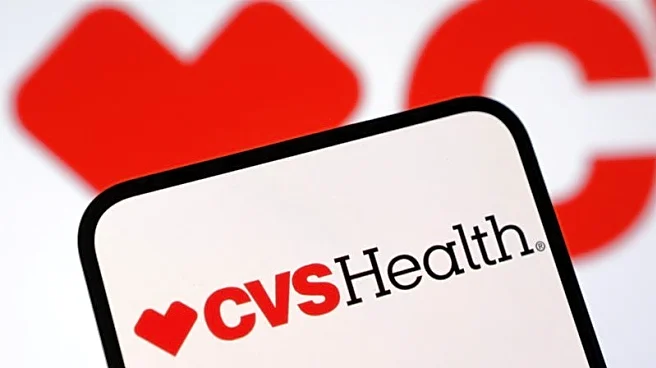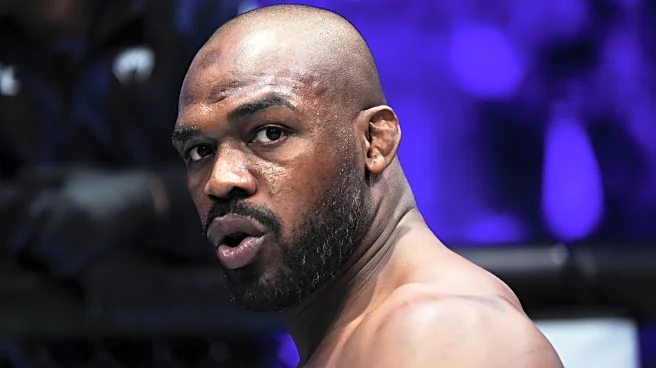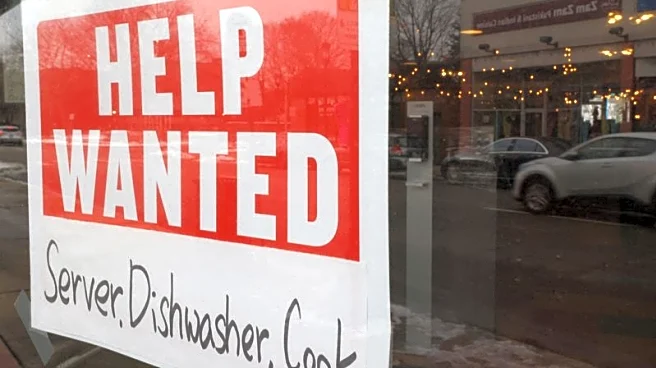By Deena Beasley
(Reuters) -CVS Health, which runs the largest U.S. pharmacy benefit manager, will not add Gilead Sciences' new HIV prevention drug to its commercial plans for now, a spokesperson told Reuters,
despite the medicine's proven effectiveness.
CVS based the decision on clinical, financial, and regulatory factors, spokesperson David Whitrap said in an email. It also will not cover Yeztugo under its Affordable Care Act formularies, since its ACA preventive program follows recommendations and mandates from the U.S. Department of Health and Human Services (HHS), Whitrap said.
Current HIV prevention recommendations from the U.S. Preventive Services Task Force (USPSTF), which is supported by HHS, include only three older drugs.
A source familiar with the situation suggested that Gilead is still negotiating with CVS over Yeztugo, a twice-yearly injection with a U.S. list price of more than $28,000 a year.
The decision by CVS is "a grave disappointment and frankly a missed opportunity," said Mitchell Warren, executive director of the AIDS nonprofit AVAC. "It does reflect a price that is too high and a U.S. pharmaceutical pricing structure that is frankly not sustainable."
He and other AIDS activists have said Yeztugo could be a transformative tool in ending the 44-year-old epidemic that infects 1.3 million people a year and is estimated by the World Health Organization to have killed more than 42 million.
Pharmacy benefit managers, or PBMs, act as middlemen between drug companies and consumers. They negotiate volume discounts with drug manufacturers on behalf of employers and health plans based on coverage terms.
The three largest - CVS Caremark, UnitedHealth Group's OptumRX and Cigna's Express Scripts - control about 70% of specialty drug prescriptions in the U.S.
Optum said Yeztugo will be reviewed for coverage in the coming weeks, while Express Scripts did not respond to requests for comment.
Gilead, which declined to comment, said earlier this month it is on track to secure 75% U.S. insurer coverage of Yeztugo by year-end and 90% coverage by June 2026. Its CEO, Daniel O'Day, has said that half of every dollar spent on medicines in the U.S. goes to PBMs and other entities that do not make drugs.
U.S. government healthcare programs, including the Veterans Administration and the Medicare program for people over age 65, have already added Yeztugo to coverage lists. Gilead said earlier this month that several state-run Medicaid plans, including California and New York, were covering the drug.
Gilead, its investors, and AIDS activists have high hopes for Yeztugo. Approved in June for people at high risk of HIV, the drug was shown to be nearly 100% effective at preventing infection in large trials, fueling fresh optimism about limiting the spread of HIV.
Some analysts have warned that a recent Supreme Court ruling affirming broad HHS authority over the USPSTF could affect coverage prospects while Robert F. Kennedy Jr is in charge of the agency. Medical groups have expressed alarm about reports that Kennedy could replace members of the task force.
The 16-member task force reviews evidence and public input, then recommends preventive services that catch disease early or prevent worsening, which insurers must cover without patient cost-sharing. For HIV prevention, it endorses daily PrEP pills Truvada, which is available as a generic, and Gilead’s Descovy, as well as ViiV Healthcare’s bimonthly shot Apretude.
Gilead's O'Day has stressed that the lifetime cost of treating an HIV patient can exceed $1 million, making a preventive treatment cost effective.
(Reporting By Deena Beasley; Editing by Patrick Wingrove and Diane Craft)










